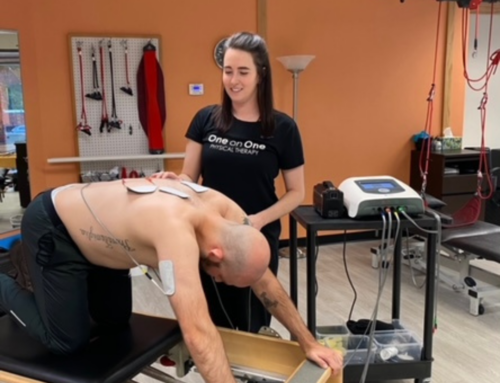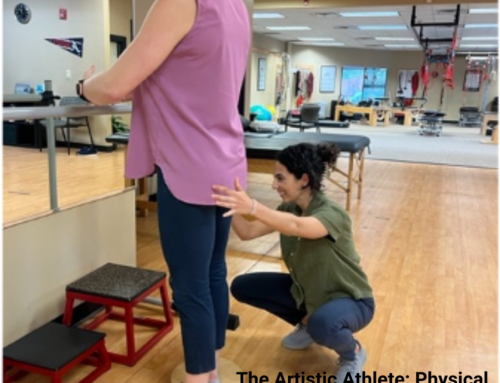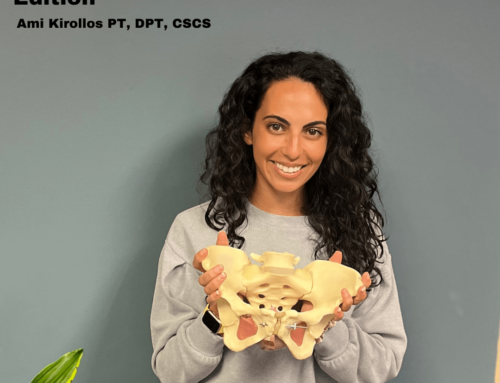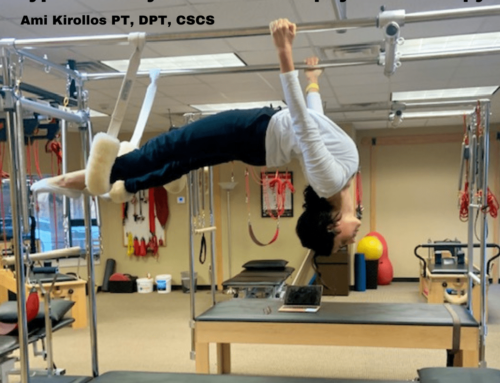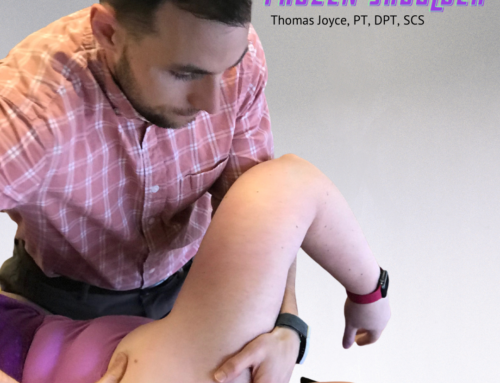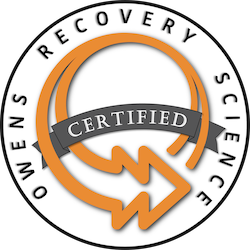Recovery Meets Physical Therapy – Managing Tennis Injuries with a Physical Therapist

Recovery Meets Physical Therapy – Managing Tennis Injuries with a Physical Therapist
Tennis, like many other sports, has an inherent risk for injury. Tennis injuries such as tennis elbow, rotator cuff tendinitis, and muscle strains are common among our youth and recreational athletes and are caused by overuse, overtraining, muscle imbalance, weakness and poor stroke performance. Overuse injuries happen because athletes are putting in way too many hours on the court, are not preparing or recovering efficiently, or they have weaknesses or muscle imbalances in their musculoskeletal system that they don’t even know about, perhaps from an old injury. Continuing to play tennis with pain or an injury can cause further tissue damage, increased pain and can worsen an injury, which is why it is important you recommend your athletes seek treatment as soon as possible. Pain and injuries cause alterations in the kinetic chain that make it difficult for the athlete’s body to withstand the physiological demands of tennis.
Physical Therapists (PTs) are a valuable member of the healthcare team who are able to treat the aches, pains and injuries that result from tennis training. As the physical aspects of tennis become more demanding, greater tennis-specific training and education is needed in the treatment and prevention of injuries. PTs with tennis specific knowledge are experts in assessing and correcting dysfunctional movement patterns and weaknesses in the musculoskeletal system. They effectively treat pain and injuries, prevent future injuries, and enhance on-court performance lengthening an athlete’s tennis career.
Education
Finding a qualified PT is an important decision when you are dealing with an injury. Treating tennis players requires specific knowledge about the unique movements, strokes, equipment, and the physiologic and mental demands of tennis, so working with a PT that has tennis and sports experience is definitely an advantage. The field of physical therapy has grown tremendously in the last two decades with most universities now offering a Doctor of Physical Therapy Degree. Similar to physicians, following graduation, PTs can attend a residency program in a field of interest, which allows even greater specialization and advanced knowledge. PTs also have the opportunity to specialize and become board certified in their field of interest such as sports or orthopedics.
In order to maintain active licensure, all PTs must fulfill the continuing education requirements for their state. Many PTs further their education by completing advanced certifications within a topic or area of their interest. Currently, PTs are able to get certified to perform more advanced techniques to evaluate and treat tennis injuries such as Dry Needling, Kinesio Taping, Redcord Suspension Training, Manual Therapy, Functional Movement Screening and Tennis Stroke Analysis.
PTs manipulate the musculoskeletal system in order to evaluate, diagnose and treat dysfunction, pain and injuries. The goal of physical therapy is to reeducate weakened muscles, release painful muscle triggerpoints, and restore original movement patterns required for optimal tennis performance. PTs no longer just prescribe exercises and stretches to help lengthen and strengthen muscles. It is so much more than that! PTs are able to prevent injuries through a series of screening tests that focus on balance, strength, flexibility, and coordination. PTs who have advanced knowledge in tennis can become Tennis Medicine Experts and are able to evaluate an athlete’s on-court stroke mechanics to identify why injuries are happening through the use of video analysis. Innovative rehabilitative techniques, such as Dry Needling and Kinesio Taping are now being implemented by PTs in order to relax, release, and restore tight, painful muscles better than with traditional methods.
Cost
Physical Therapy services are covered to a certain degree by most insurance companies and most clinics will file your insurance claims for you. Most clinics offer a self-pay rate if you do not have physical therapy benefits under your insurance or you choose not to use your insurance.
Clinical Setting
It is ideal to work with a PT in a clinic that offers individualized one on one physical therapy care. With the changing healthcare system, physical therapy practices often have to increase their volume of clients per hour with the decreasing reimbursement rates. So, you may end up sharing the appointment with 3-5 other people, which decreases the amount of time spent with the PT. It may be more beneficial to pay more for an individual one-on-one session as results are often achieved more rapidly returning your athlete to the court faster.
Player Support Team
Physical Therapists are accustomed to working in a team environment and work closely with tennis coaches, fitness trainers, parents, and physicians. Communication among the player support team is vital to get an athlete back on the court safely and without pain. The PT can provide valuable information on training volume, warm-up and recovery strategies, and corrective exercises that will prevent future injuries and enhance the athlete’s on-court performance.
Conclusion
Seeking care from a tennis-specific PT is an important decision. Let the Tennis Medicine Experts at One on One Physical Therapy help you get back on the court! We understand tennis medicine and have an understanding of the demands of tennis. Working with the right PT will help manage your tennis related injuries, enhance on-court performance, and facilitate a lifelong tennis career.
This article was submitted by Melissa Baudo Marchetti PT, DPT, SCS, MTC. She received her Doctor of Physical Therapy from Emory University and is a Board Certified Sports Clinical Specialist at One on One Physical Therapy, a multidisciplinary private practice in Atlanta, GA. For nearly 5 years she was a full-time Sports Physical Therapist for the WTA Tour and is a Tennis Medicine Expert. She teaches a Sports PT Course and assists in teaching Orthopedics within the Division of Physical Therapy at Emory University.
